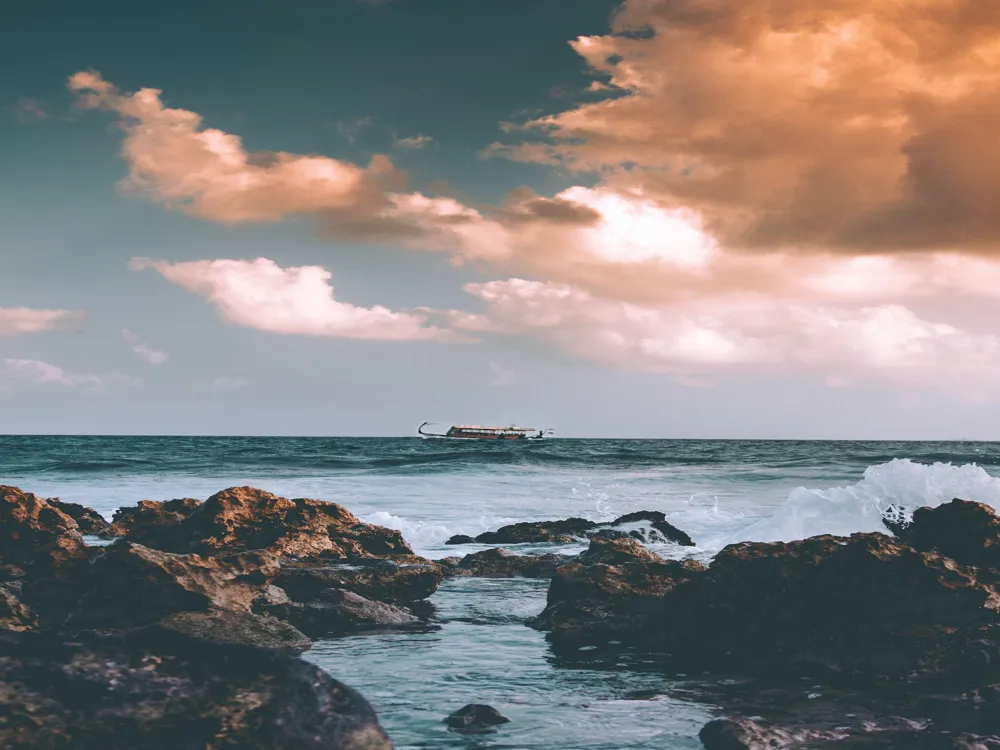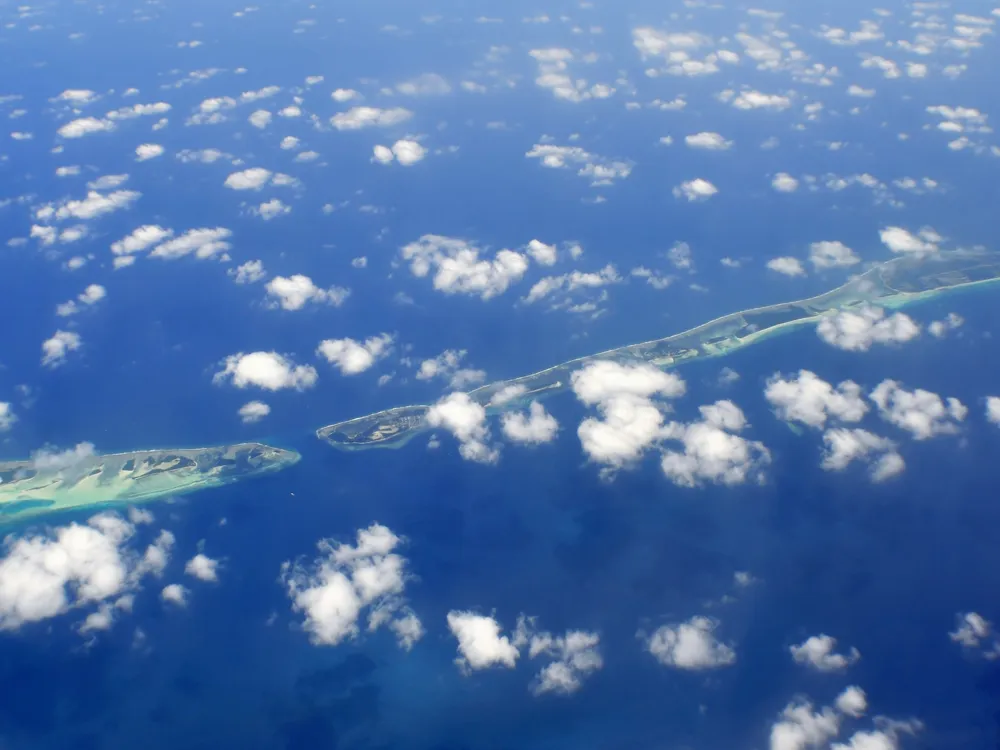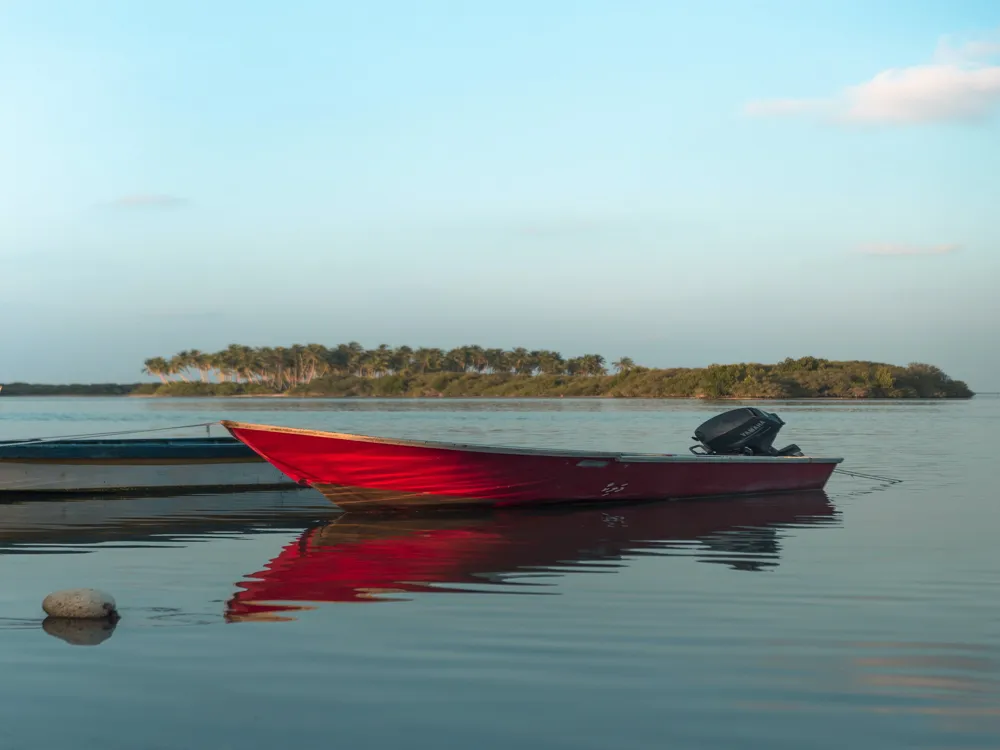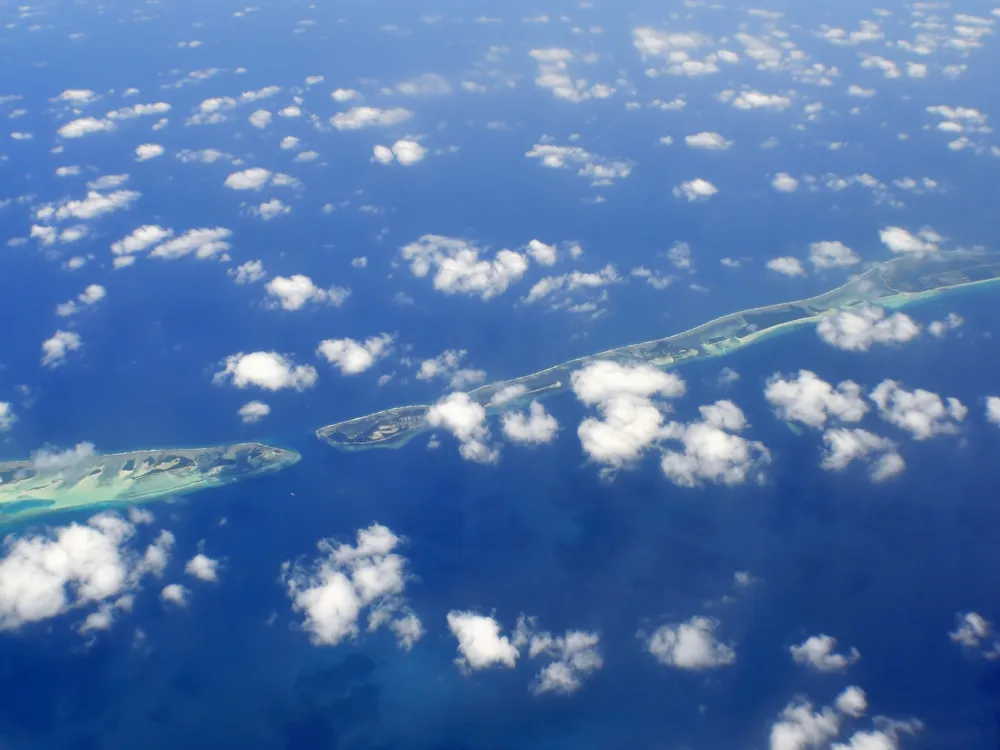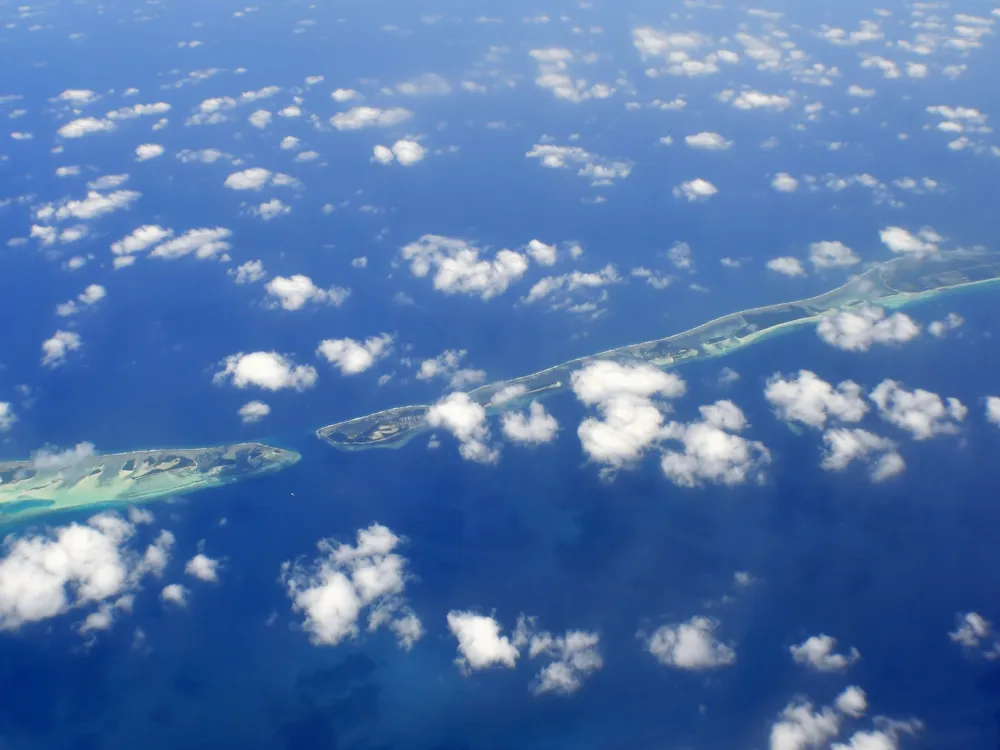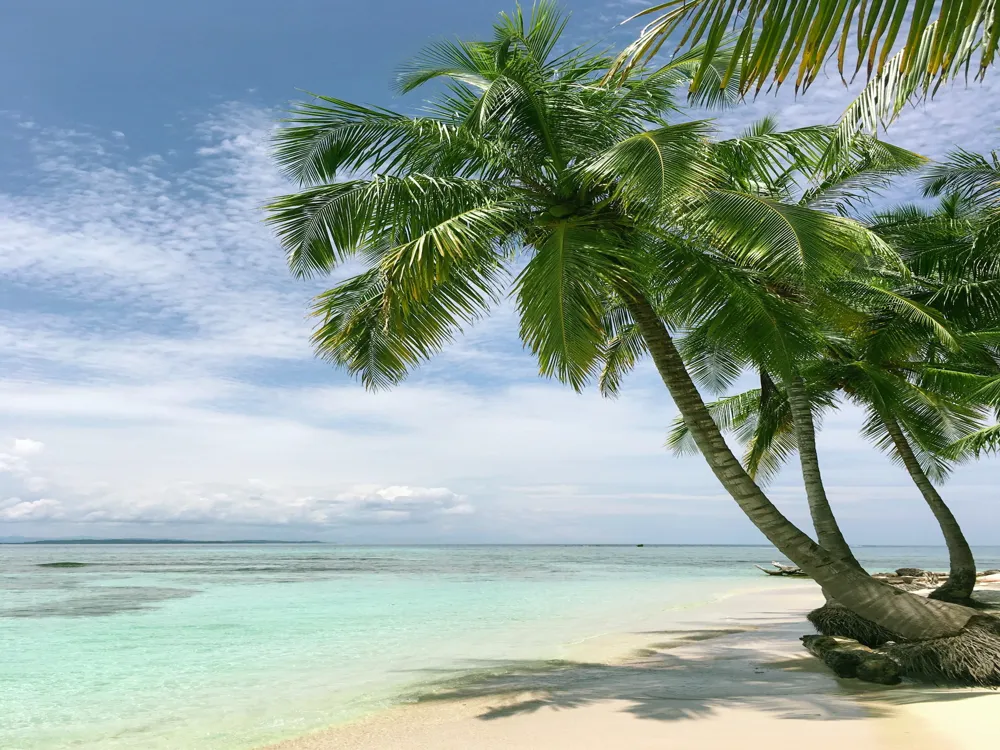Nestled in the Baa Atoll of the Maldives, Fulhadhoo is an enchanting island that promises a serene getaway far from the bustling crowds. This pristine paradise, with its untouched natural beauty, offers a unique experience of tranquility and unspoiled charm. The island is a perfect blend of white sandy beaches, crystal-clear turquoise waters, and lush vegetation, making it an ideal destination for those seeking a peaceful retreat amidst nature. Unlike the more commercialized islands in the Maldives, Fulhadhoo has retained its natural allure and traditional Maldivian lifestyle. The island is relatively small, with a population of just over 200 people, allowing visitors to immerse themselves in a quiet, local environment. The community here lives in harmony with nature, which is evident in the pristine condition of the beaches and the abundant marine life that thrives in the surrounding waters. The waters around Fulhadhoo are a haven for a diverse array of marine life, including colorful coral reefs, various species of fish, manta rays, and even the occasional turtle. Snorkeling and diving here offer a glimpse into an underwater world of breathtaking beauty, making it a must-do activity for anyone visiting the island. Visiting Fulhadhoo is not just about enjoying its natural beauty but also about experiencing the local culture. The islanders are known for their hospitality and warm welcome to visitors. You can witness traditional Maldivian crafts, enjoy local cuisine, and learn about the island’s simple yet fascinating way of life. The architecture of Fulhadhoo is a reflection of its rich cultural heritage and the islanders' adaptation to their tropical environment. Traditional Maldivian houses, known as 'ge', are prominent on the island. These structures are built using natural materials such as coral stone, wood, and thatch, showcasing the ingenuity and resourcefulness of the local community. The traditional houses in Fulhadhoo are characterized by their simple yet functional design. They are typically single-story structures with high-pitched roofs, which are effective in providing ventilation and keeping the interiors cool. The use of coral stone in construction is not only environmentally sustainable but also offers natural insulation against heat. The architecture of Fulhadhoo demonstrates the innovative use of available natural resources. The thatched roofs, made from coconut palm leaves, are a testament to the resourcefulness of the islanders. These roofs are not only eco-friendly but also provide effective protection from the tropical sun and rain. The architectural designs in Fulhadhoo are well-adapted to the tropical climate. Wide verandas, large windows, and open spaces are common features of the houses, allowing for maximum air circulation and natural cooling. This architectural style reflects the islanders' understanding of their environment and their ability to live in harmony with it. Fulhadhoo is a traditional island with its customs and way of life. As a visitor, it’s important to respect the local culture. Dress modestly, especially when visiting public areas and interacting with locals. Understanding and adhering to these customs will not only show respect but also enhance your experience on the island. The best time to visit Fulhadhoo is between November and April, during the dry season. During these months, the weather is most favorable, with less rain and more sunny days, making it ideal for outdoor activities and beach enjoyment. Always prioritize your health and safety while traveling. Bring sunscreen to protect against the strong tropical sun, and stay hydrated. Be mindful of marine life when snorkeling or diving, and ensure that you have adequate travel insurance in case of emergencies. Fulhadhoo is accessible by a domestic flight from Male to the nearby Dharavandhoo Airport, followed by a short speedboat ride. Alternatively, there are also public ferry services available from Male, which offer a more economical but longer journey. Whichever mode of transport you choose, the journey to Fulhadhoo is part of the adventure, offering stunning views of the Maldivian archipelago. Read More:Discover Fulhadhoo: A Hidden Gem in the Maldives
The Unspoiled Beauty of Fulhadhoo
A Sanctuary for Marine Life
Experience Local Culture and Traditions
The Unique Architecture of Fulhadhoo
Traditional Maldivian Houses: A Blend of Simplicity and Functionality
Innovative Use of Natural Resources
Adapting to the Tropical Climate
Tips When Visiting Fulhadhoo
Respecting Local Customs and Traditions
Best Time to Visit
Health and Safety Precautions
How To Reach Fulhadhoo
Fulhadhoo
Maldives
₹ 34,250 onwards
View maldives Packages
Maldives Travel Packages
View All Packages For Maldives
Top Hotel Collections for Maldives

Private Pool

Luxury Hotels

5-Star Hotels

Pet Friendly
Top Hotels Near Maldives
Other Top Ranking Places In Maldives
View All Places To Visit In maldives
View maldives Packages
Maldives Travel Packages
View All Packages For Maldives
Top Hotel Collections for Maldives

Private Pool

Luxury Hotels

5-Star Hotels

Pet Friendly







